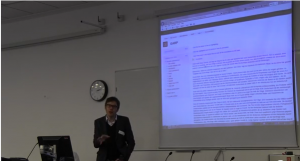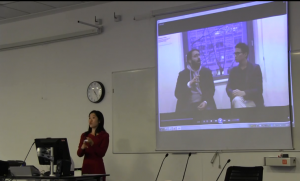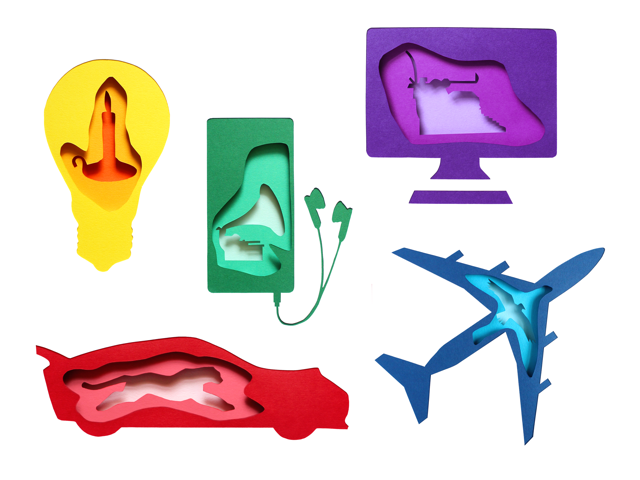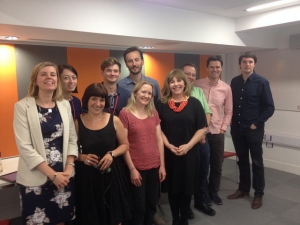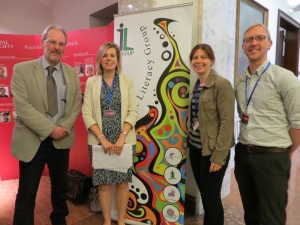NetworkED – James Clay – 9th March 2016
LTI NetworkED seminar series to welcome James Clay (Jisc) to LSE 9th March at 2pm. CANCELLED
Mapping Teaching and Learning
Mapping exercises such as those used to explore the concept of Visitors and Residents are a useful tool to understand where you currently are and to think about where you would like to be and how you are going to get there. The mapping exercise for Visitors and Residents in the main covers digital communication, collaboration and participation and can be used to help individuals build their digital capabilities in these areas.
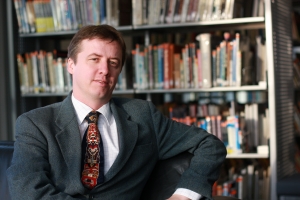
Tickets for this seminar can be found on Eventbrite.
Recently I have started to think about how we could use a similar concept to map teaching practices, learning environments and curriculum design. This lead onto thinking about mapping the “learning” of our learners. Where are they learning, is that learning scheduled and formalised? Is that learning ad-hoc? Is it individual, group, collaborative? Could we use mapping to help build capability in understanding how digital technologies can be used to enhance and enrich teaching, learning and assessment?
Mapping teaching and learning provides an insight into how the curriculum is designed and how learners interact and engage with the different spaces, tools and delivery mechanisms. It can also show how traditional methods of adding or blending learning technologies usually results in a bolt-on additional approach that results in a poor experience for learners and teachers.
The talk will reflect on how mapping the curriculum could result in a more coherent approach to the embedding of digital technologies and an approach that maximises the potential benefits of using digital over a scattergun approach of throwing technologies into a traditional mix of teaching and learning. This talk will discuss what we want to achieve through mapping teaching and learning, understanding that using digital is not necessarily a solution to every problem. It will also explore the potential enablers that will create new solutions, enable changes in behaviours and build digital capability.
References
White, David, and Alison Cornu. “Visitors And Residents: A New Typology For Online Engagement”. First Monday 16.9 (2011): n. pag. Web. 4 Feb. 2016.
Digital – Learning – Culture,. “Visitors & Residents”. N.p., 2014. Web. 4 Feb. 2016.
Donnalanclos.com,. “EDUCAUSE 2012, Part The Second | Donna Lanclos–The Anthropologist In The Stacks”. N.p., 2012. Web. 4 Feb. 2016.
Clay, James. “Mapping The Learning And Teaching”. e-Learning Stuff. N.p., 2016. Web. 4 Feb. 2016.
MacNeill, Shelia. “Some Reflections On “Mapping The Learning And Teaching”. howsheilaseesIT. N.p., 2016. Web. 4 Feb. 2016.
Biography
James Clay is currently on a 12 month contract with Jisc as their project manager for the building digital capability R&D project. James has worked in the further education (FE) sector since 1993 (as wells a short time in the museum sector) and has extensive experience in the use of technology to enhance and enrich learning. He has been a teacher, a project manager, a project director, an ILT manager, Learning Resources manager and an IT director. He has managed a range of projects over the years in various roles, including mobile learning, e-books, IT infrastructure, learner analytics, copyright, institutional resources, VLEs and student records
Book Tickets
As always the event is free to attend and places can be reserved via Eventbrite. All our talks are live streamed and recorded for those who can’t attend in person.


